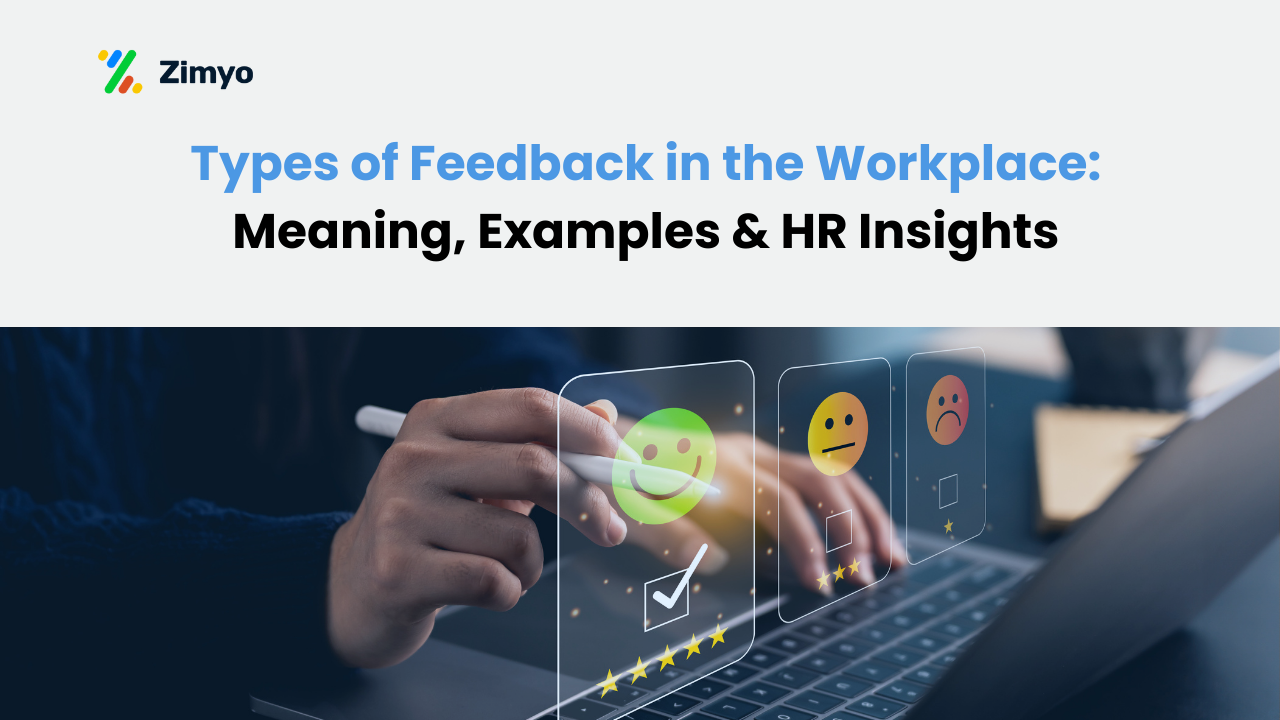Human being long to feel accepted, heard, included, and be a part of something other than themselves. It is our primary need as critical as food or shelter.
For most employees, a sense of belonging in the team is a better motivator than their salary for deciding whether they want to continue or leave their current job.
A genuine sense of belonging motivates employees to perform well in their roles and engage with the industry. Without a strong sense of belonging, employees ability to stay engaged and focused becomes extremely challenging. More so in the times that we live in, when meetings and calls have moved online, denying the physical interaction that is so essential to forge connections.
A Sense of Belonging is Crucial
A sense of belonging is where employees feel accepted, secure, included, and supported. It is another method of analysing the workplace other than just looking at inclusiveness or diversity.
A sense of belonging in a company has the most vital impact on employee engagement, which means that belonging carries a high correlation to business outcomes like retention and productivity. Employees must feel they are a part of the company that embraces them rather than feeling a need to hide their life aspect. When workers feel a sense of belonging, they are inclined to share ideas, contribute, and confidently speak up.
For the business benefits, a sense of belonging is fundamental. Here are some of the ways businesses can benefit from it.
Increases employee retention rate
When the workplace has an environment with a sense of belonging, every employee feels accepted, valued, and appreciated. It will increase the retention rate of employees and reduce the time and cost of employee replacement.
Improves productivity
When employees feel appreciated, every time they approach you, whether, for ideas or personal reasons, they will feel less nervous and more confident, resulting in better interactions. Comfortable employees are more productive than unhappy ones.
If the employees are optimistic about the work process, they will give good reviews to your business and the team, enhancing the brand identity and positively affecting the employer brand. And when productivity is increased, it will make your company a step forward towards attaining its goal.
Ways to Establish a Sense of Belonging Among Employees
Here are a few ways in which you can help establish a sense of belonging among employees.
Provide mental health resources
The feelings of isolation and loneliness can increase among employees in such uncertain times. Managers must let their employees know that the company understands the problems and supports them emotionally. There are various emotional wellness resources to provide as an employer – and most are remote-work friendly.
For instance, multiple services allow employees to interact with certified mental health counsellors via text. Another option provides round-the-clock access to mental health resources for people unable to participate in traditional cognitive behavioural therapy.
Engage with employees
Employees feel the most incredible sense of belonging when their team members check on them, either professionally or personally. These can be as simple as checking to see what they are doing, listening to their answers, or asking follow-up questions.
Asking how employees are doing and listening to them with attentiveness is a great way to make them feel valued and seen.
As a leader, you can set the example of being more open to communication. Ask people what their life is like outside work, it encourages them to share and discuss more, which in turn engulfs them in feelings of togetherness and belonging.
Listen to their ideas
If you feel that some team members never speak in meetings, check in with them privately to ask how you can include them in the conversation.
When people are included in a group, they are also motivated to see the group succeed. The opposite is also true. A sense of exclusion can lead to sabotaging team members and create an atmosphere where people in the group are only there for their interests. The more team members are engaged, the more they wish to see everyone succeed.
A sense of belonging in the office or workplace also means giving credit when appropriate. For instance, an employee had a great idea that led to a big win for the business. During the next meeting, recognise the teams – and give a special shout-out to the employee who was the brain behind the operation.
Give positive feedback
A culture that is inclined towards negative feedback performs worse than those that balance positive and negative feedback. Practising gratitude has become a better focus for well-being and mental health services over the years.
What is gratitude in a workplace? It means frequently praising employees for their excellent work. It means giving shout-outs to individual employees or teams. Complement employees in the workplace and outside it. Show them that you value them in person.
Share their thoughts with other organisation members and communicate the business strategy and values to the broader goals. It will create a sense of meaning and belonging that will induce a desire and momentum to succeed.
Be their mentor
To build a sense of belonging in the workplace, you need to be a mentor who listens to employees, demonstrates empathy, encourages them to develop, and provides feedback. It will make workers feel that the company cares for their employees and is a valued part of something bigger than themselves.
Motivating people is not about flowery language; it requires understanding of what motivates them from the inside. Be genuine, relate, and collaborate with the employees. Make the workplace fun. Use a variety of engagement tactics to enhance employee performance.
Belonging will make your employees feel more than just a number on the payroll. It would be best to build an environment where the employees can communicate, socialise, and understand. Implementing the above tips will help you lay the foundations of solid working relationships, and as a result, it will help your business improve and grow exponentially.




